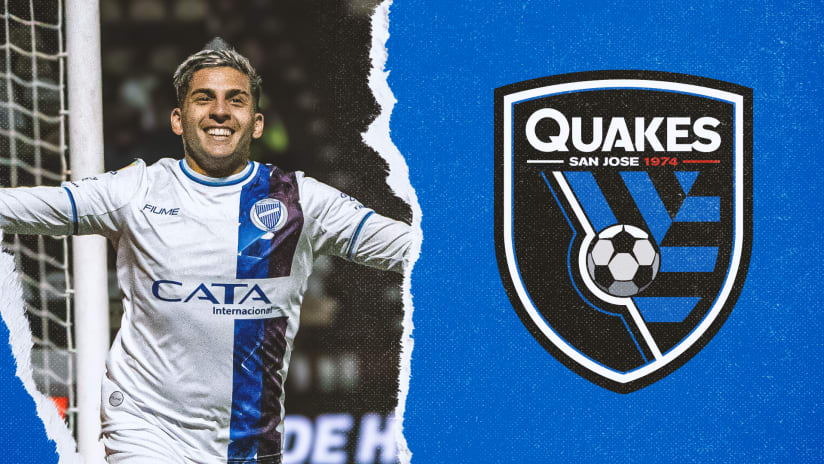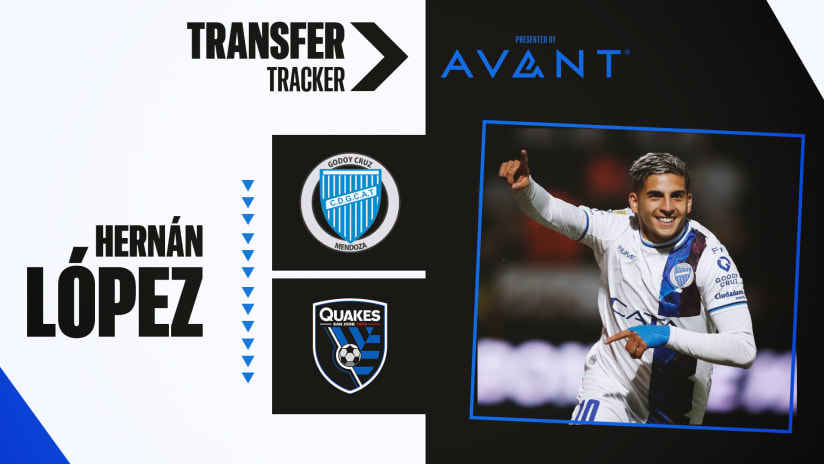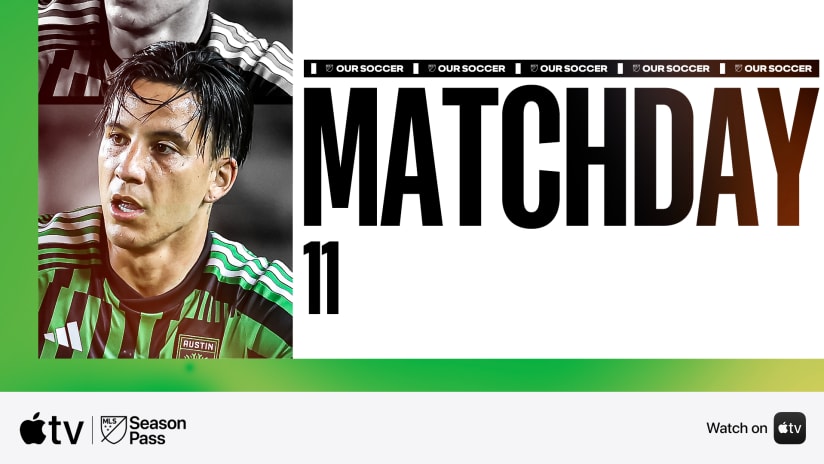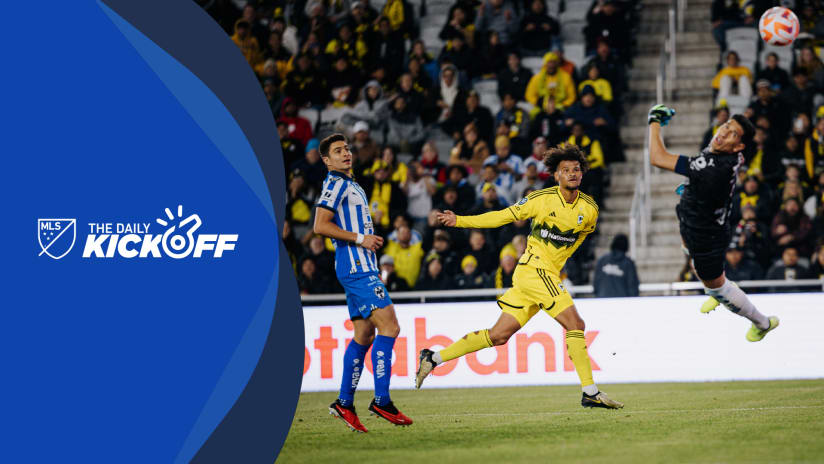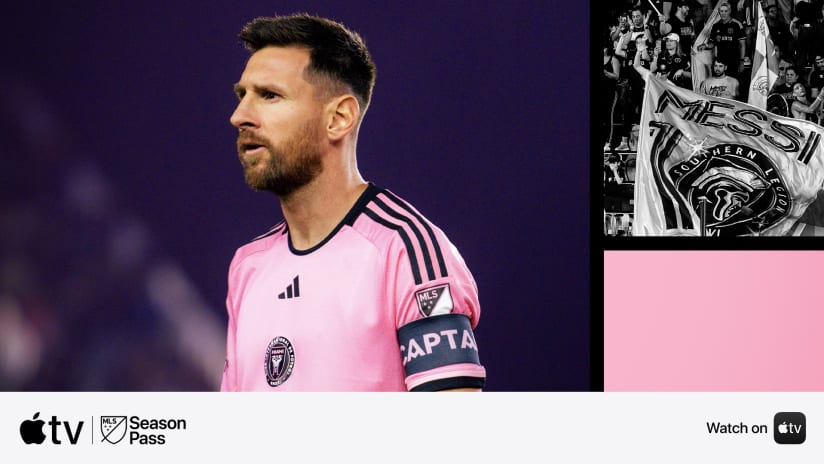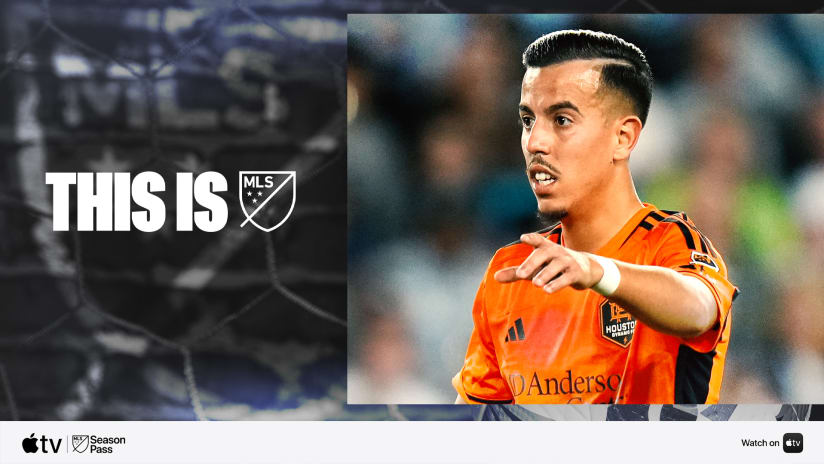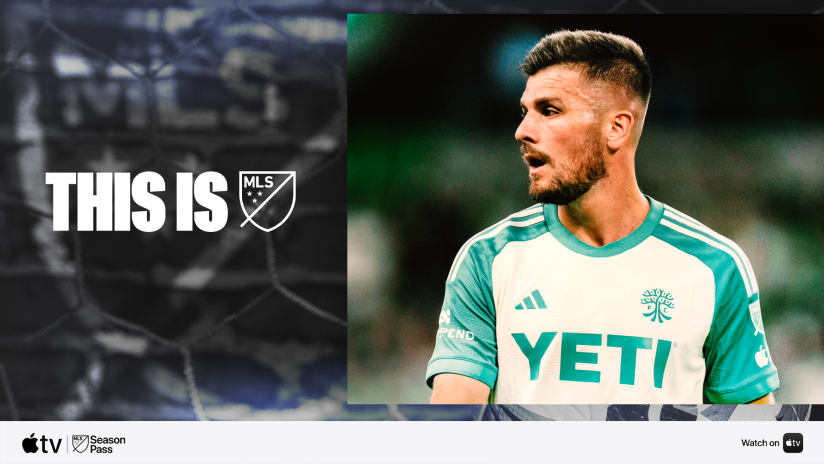working on aspects of their game that will continue to make them special.
Every player who becomes a big-timer has a quality that sets him apart. When working with young players you need to get them to work to become outstanding at their strength. Can Freddy beat the first defender consistently? Can he then become proficient at crossing and shooting once he has beaten the player? It is not the goal to ever make Freddy the best header or defender on your team. He only needs to become adequate in those areas, but he has to become great in his strong suits.
Chad Marshall, on the other hand, needs to become a great defender. He needs to be the best header of the ball in the league and an outstanding 1-on-1 defender. He does not need to become the playmaker in the back, but he needs to be adequate with the ball and connect passes.
As coaches work with young players it is much easier to motivate them to work on areas where they are strong. Young players need to put in extra work on those aspects of the game. If a young player is one of the first off the field and last on then his career will never develop to where he wants it to go. You only reach the heights through combining talent with work and commitment.
The coach has a precarious job when talking to young players. You walk that tightrope between teaching and taking away from their confidence. You need to find the balance between reality and maintaining their belief in themselves. It becomes a little mixture of being critical and taking the player under your wing. This works if the player responds and should always be the first approach. If it does not work I feel reality is better than make-believe land.
Many coaches at the youth level and other levels treat their stars with kid gloves -- we are talking about players from about 16 to 21 years old. That player is not being doen any favors, because as he climbs the pyramid he will need to overcome obstacles. If a player is babied, it will only make his job tougher in the end.
Be honest without being brutally honest and destroying the player psychologically. However, the player needs to feel his best intentions are at heart and needs to accept and put into practice what is being said. Many players pay lip service to their coaches and stagnate their own development.
Street soccer was, and is, the best training tool. If you were good enough you played and if not you did not play. If you did not play you needed to figure out what to add or how to adapt your game in order to play. There is no coach saying you can or can't play -- it is your peer group telling you in very clear language. I remember reading an article on Jason Kidd of the New Jersey Nets. He was asked how he became such a good passer. His response was that he was one of the smaller guys at the playground. In order to get a game he needed to pass the ball to the big guys. The better he got at this the more he played.
Kidd adapted and became a great player by adjusting his game to fit the needs. He was being coached by the playground. Today the playgrounds and street soccer are disappearing. Players do not respect the coach in the same way and therefore do not adjust or add to their games. Learning from one's peers is the best way for retention.
In the current era the trainings are more organized, more structured. The coach needs to create an environment that fosters self-growth and enhance the player's ability to read the clues that the game gives. The coach should instruct to help a player improve their ability to read those clues and enhance their impact on the game by using their strengths.
The inevitable always occurs. A coach makes a point and then the player will do that the next time they get the ball. For example, you tell a player to cross it instead of shooting from a certain position. The next time he will cross it whether that is right or wrong. He wants to please the coach and stops thinking. Your job is to get him to understand why he should cross it or why he should shoot it and to continue to think.
Finally, there is the player who finds no fault or weakness in his game. He has had the misfortune of playing for poor coaches who misunderstand his ability. Often, he has played for many poor coaches in his perspective. I know that I always want to play players that will help my team win. Style, background and other factors are not important. Most coaches have this feeling. Help me win and you will play.
Enjoy coaching the young ones. I have. From Joe-Max Moore, Brad Friedel, Frankie Hejduk to Carlos Bocanegra, Steve Cherundolo and Tim Howard to Freddy Adu and Eddie Gaven coaching the young guns is fun, entertaining and at times frustrating ... but always rewarding.
Sigi Schmid is one of the winningest coaches in MLS history, having led the Los Angeles Galaxy to four honors in his five-plus years at the helm, including the 2002 MLS Cup championship. Send comments to Sigi at sigischmid@hotmail.com. Views and opinions expressed in this column views and opinions are the author's, and not necessarily those of Major League Soccer or its clubs.


